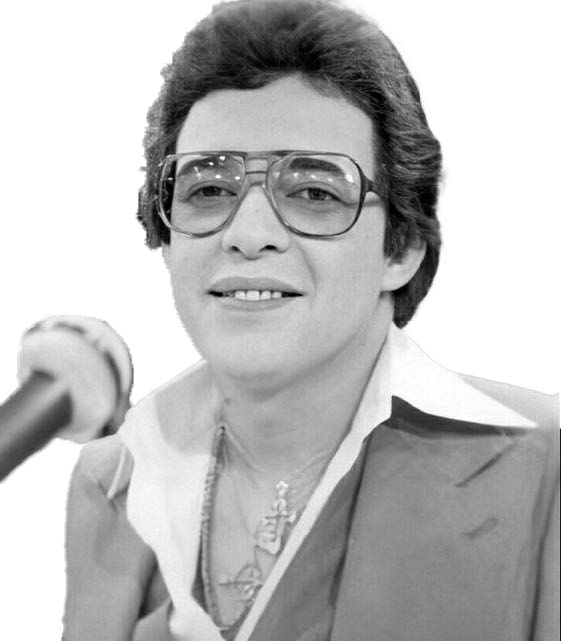BY MANUEL HERNÁNDEZ
Music has an electrifying power to bring people together. Latinos love music, and the passion for the art has a unifying effect in its core elements. For decades, salsa has been a favorite in countries like Mexico, Colombia, and Venezuela. Puerto Rican fans and artists have adopted the ever-popular Dominican merengue.
As a matter of fact, there is a holiday in Puerto Rico and in other United States’ cities called “El Día Nacional de la Salsa” where musicians, bands, artists, and fans from all over Latin America sing, work, and make-a-living together.
While music has made its mark in bringing Latinos together, professionals in politics, law, education, and other law-abiding careers find it more exasperating to sit down, examine, analyze, and establish policies in support of the growing needs of the largest minority in the United States.
In the United States Congress, there is a current delegation of thirty-eight members, and the Hispanic Caucus works together to support policies in support of the Hispanic people. According to their page, the caucus “advocates for issues important to Hispanics through the Congressional legislative process.”
How about an effort in bringing Hispanics together? Why not convoke conferences where lawyers, doctors, entrepreneurs, and others can voice their concerns and come together as one, as a people much like our colleagues in the arts?
Why not tackle issues in one voice? If our “multiple identities” (“A Child of the Americas”) clash with each other, let’s ask, invite, and hear how Ruben Blades, Willie Colón, Celia Cruz, Tito Puente and “El Canario” were capable of coming together to make music one of our strongest legacies.
How about making it a priority to elect more Hispanic representatives? We are thirty-eight in Congress; Blacks are fifty. If numbers are a priority, then let’s elect more Hispanic representatives. Who cares if they are democrats, republicans, or independents? When are we going to get past our petty political sensitivities?
Some will stress the differences in culture as a major barrier. Yes, it is true that attitudes towards work, marriage and politics are different from one Latin American country to another, but the same can be said for African Americans. Not all African Americans in the United States have the same behavioral concerns about issues like guns, abortion, and capital punishment. Let’s establish priorities for 2022!
When I listen to Celia Cruz, I don’t do it because she is Cuban. When I watch a YouTube video on Pappo Lucca and Richie Ray playing the best piano duets in history, I don’t do it because they are Puerto Rican. Unless we start cutting ourselves loose from our one-way political mindset, we will not have a moment in history.
In 2016, I ran for school board in my school district. I did it as a non-political affiliate (NPA). The Hispanic Democratic candidate called me a few months into the pre-race and shared her views on different issues. There was a third candidate, a republican. I immediately understood the situation.
When I took my name off the ballot, she became the first Hispanic female board member in the District. This was never a conversation between her and I. It was my decision. Without the fanfare and the spotlights, history was made. We all love music, but our generations deserve more than a music legacy. Viva la salsa!
You may also like
-
J Balvin Deslumbra en Orlando en su gira “Back to the Rayo”
-
Orange County Government Announces Events Celebrating Asian American and Pacific Islander Heritage Month
-
CALENDARIO DE EVENTOS
-
Entendiendo el Atractivo de los Dramas de Narcotráfico como Colombiana Viendo “Griselda”
-
Reconciling the Allure of Drug Dramas as a Colombian watching “Griselda”
















